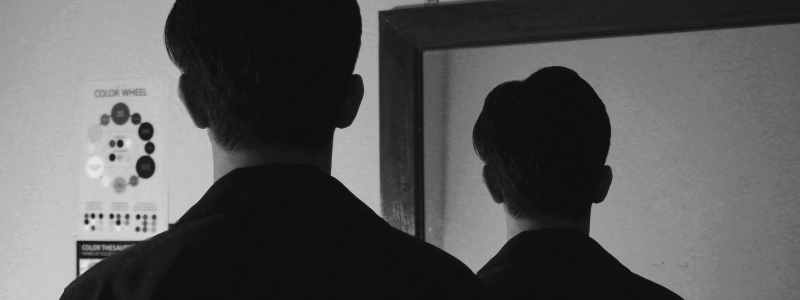Transactional Analysis (TA) is a widely recognised form of modern counselling and psychotherapy, originally conceived by Eric Berne in the 1950’s and which is now used not only in therapy but also in education and organisational training and consultancy.
It is a theory of personality, behaviour and communication, and draws on tools and methodology from a wide range of psychological disciplines, including humanistic, psychodynamic, person centered and relational therapies.
It is therefore a flexible form of therapy that can be tailored to an individual’s needs to facilitate personal growth and change.
How is Transactional Analysis used in counselling and psychotherapy?
A Transactional Analysis counsellor or psychotherapist has a wide variety of theory to hand including the theory of personality, communication and child development.
Transactional Analysis theory has an emphasis on the therapy being contractual, with a negotiated agreement between the therapist and client on what will be explored in the therapy sessions with a view to an end goal or change. The agreement is not fixed but rather is a dynamic and fluid process where the agreement can be re-negotiated at any time. This enables an active participation, both by the client and the therapist, and an equal partnership which is built on the core values of clear communication, respect, and openness.
Transactional Analysis counselling and psychotherapy can be used for individuals, couples, and groups and for a wide range of issues, including anxiety, depression, bereavement, and other life changing issues.
Some key concepts of Transactional Analysis theory
Transactions– this looks at both the verbal and non-verbal messages we use to communicate with ourselves and others, which can give us an insight to how we think, feel and behave and how we view the world around us.
Unconscious Scripts – this is our life story or ‘script’ that we unconsciously write for ourselves when we are young, uniquely interpreting both internal and external events which influence our thoughts, feelings and behaviour. Transactional Analysis can help facilitate exploration of which of our thoughts, feelings or behavior is archaic and no longer serves us, and is therefore having an impact on how we want to live our lives in the ‘here and now’.
Ego States – Ego states theory relates to personality and is linked to which of our thoughts, feelings or behaviour has either been learnt from our caregivers and other significant people in our formative years (Parent ego state), from past experiences in our childhood (Child ego state) and which are direct responses to the ‘here and now’ (Adult ego state). It may be familiar to you that you play different ‘roles’ depending on the situation you are in, such as at work, or with friends or family and switch between these ‘roles’ many times during the day. In Transactional Analysis we see this as switching between ego states.
Transactional Analysis Counselling and Psychotherapy helps facilitate awareness of your life ‘script’ and its link to archaic perceptions and beliefs with exploration of how you would like to live in the ‘here and now’ to have a more fulfilling, enjoyable, and happier life.
Louise Herbert is a psychotherapeutic counsellor who is in the final year of specialist training in Transactional Analysis Psychotherapy. To get in touch with Louise, please contact us.





